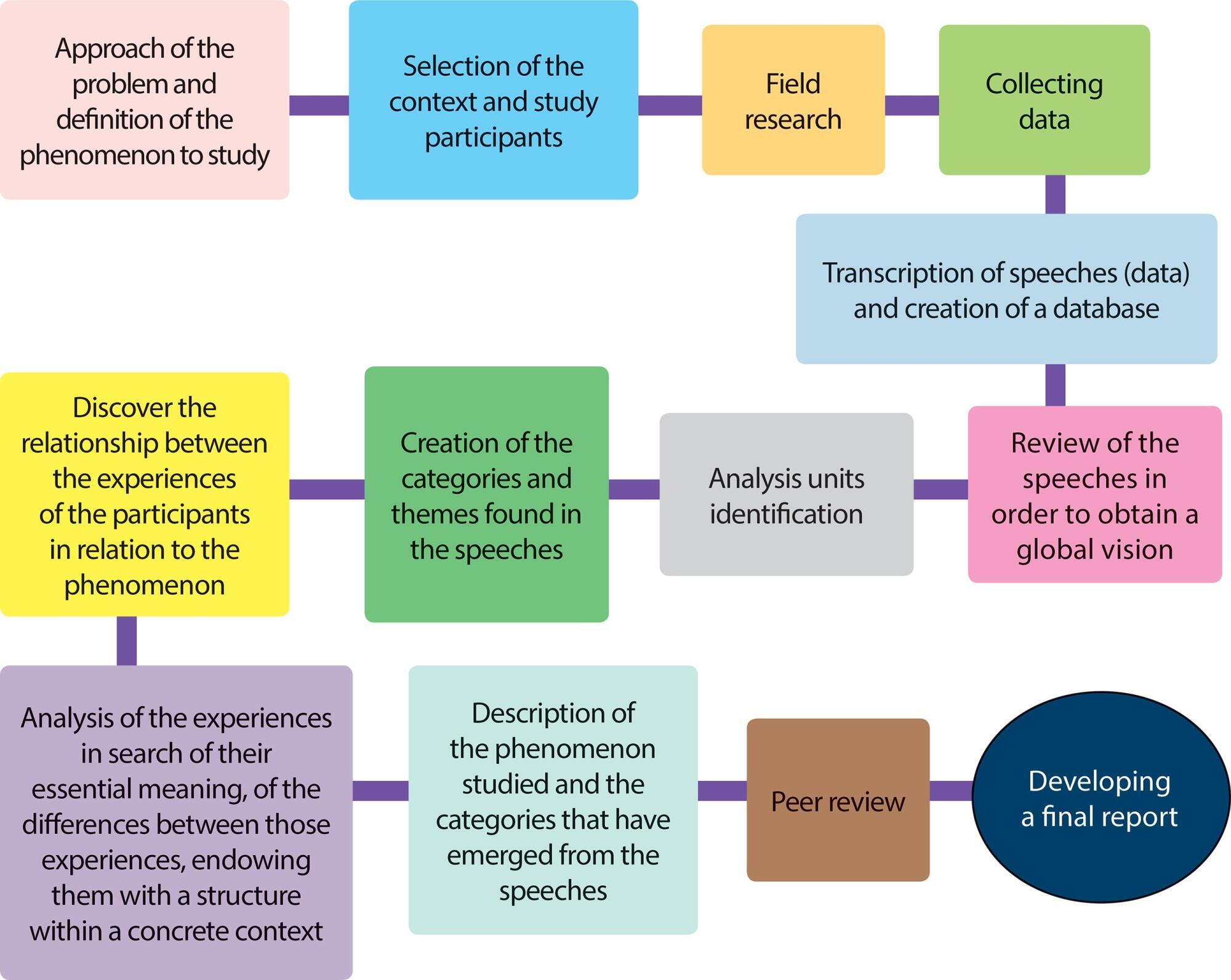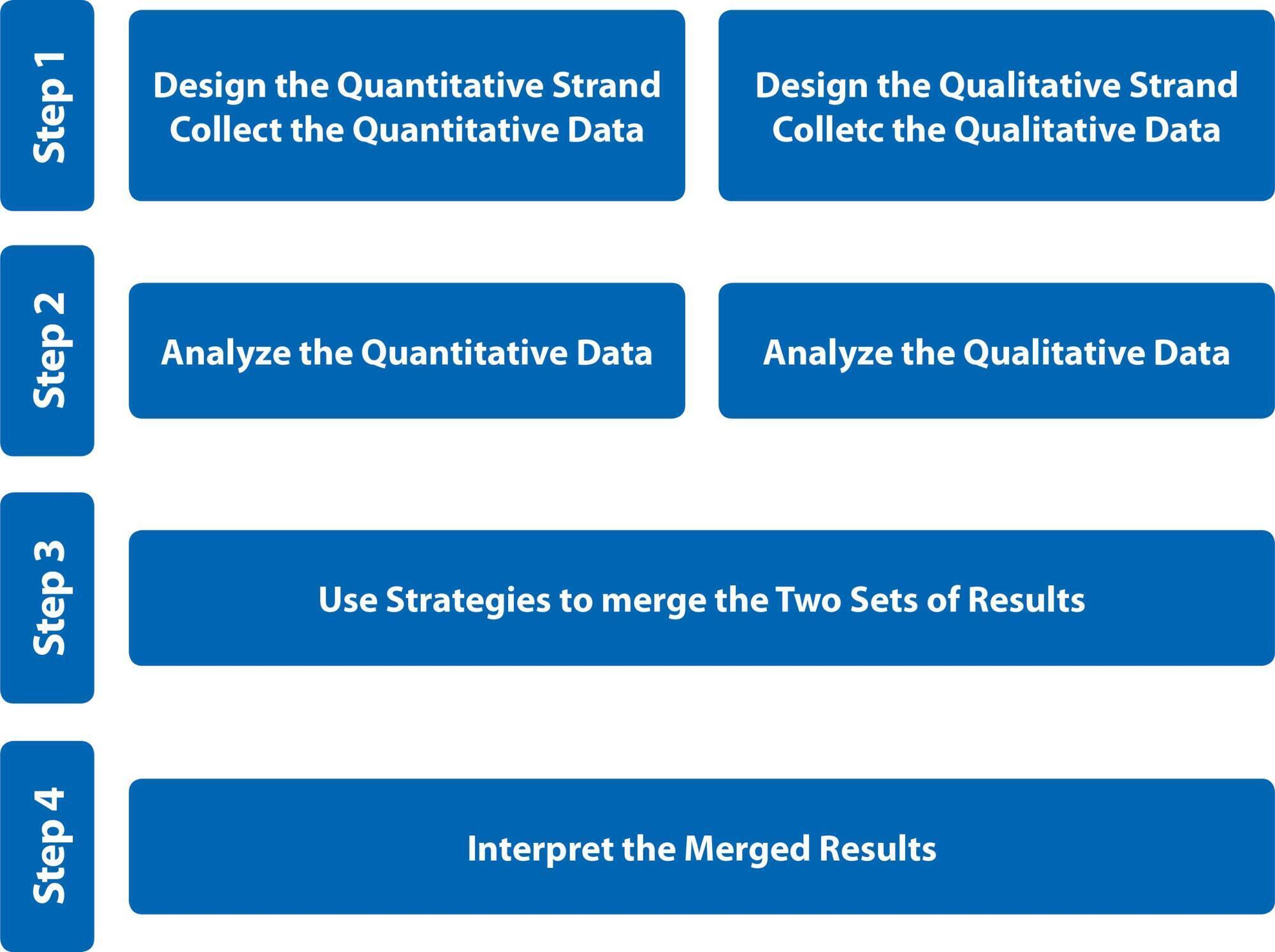-
ORIGINAL ARTICLE09-19-2022
Health professionals’ subjectivation towards end of life and death in home care service
Revista Brasileira de Enfermagem. 2022;75(2):e20210684
Abstract
ORIGINAL ARTICLEHealth professionals’ subjectivation towards end of life and death in home care service
Revista Brasileira de Enfermagem. 2022;75(2):e20210684
DOI 10.1590/0034-7167-2021-0684
Views0See moreABSTRACT
Objectives:
to analyze the modes of subjectification of health professionals towards end of life and death in a home care service.
Methods:
this is qualitative research carried out in a home care service at a teaching hospital in southern Brazil, with 12 health professionals. Participant observation and semi-structured interviews were used for data collection, from April to September 2018. Data were analyzed based on Foucault’s concept of power and subjectivation.
Results:
professionals are sensitized by moral, spiritual and palliative care discourses, as well as experiences that constitute them subjects who modify their ways of life and professional practice based on the relation with death.
Final Considerations:
the discursive network of palliative care is internalized by professionals, who carry out their practices with behaviors aimed at promoting “a good death”.
-
EXPERIENCE REPORT07-06-2022
Phenomenological interview of older adults through virtual media: an experience report
Revista Brasileira de Enfermagem. 2022;75:e20210922
Abstract
EXPERIENCE REPORTPhenomenological interview of older adults through virtual media: an experience report
Revista Brasileira de Enfermagem. 2022;75:e20210922
DOI 10.1590/0034-7167-2021-0922
Views0See moreABSTRACT
Objectives:
to report the experience of conducting phenomenological interviews through virtual means in a group of older adults during the COVID-19 pandemic.
Methods:
an experience report on the main aspects that the researchers experienced in the virtual phenomenological interview process as an alternative to face-to-face interviews with older adults during social isolation due to the COVID-19 pandemic.
Results:
the experience of conducting phenomenological interviews by videoconference was useful, enriching and satisfying. The difficulties that arose were smaller in relation to the benefits of the technique.
Final Considerations:
the use of technology to optimize qualitative data collection is a recommended strategy that can be adopted by nursing whenever the research objectives allow.
-
ORIGINAL ARTICLE11-02-2020
Meaning of well-being of older institutionalized persons in abandonment situation
Revista Brasileira de Enfermagem. 2020;73:e20200123
Abstract
ORIGINAL ARTICLEMeaning of well-being of older institutionalized persons in abandonment situation
Revista Brasileira de Enfermagem. 2020;73:e20200123
DOI 10.1590/0034-7167-2020-0123
Views0See moreABSTRACT
Objective:
To understand the meaning of well-being of older persons in situation of abandonment.
Methods:
a qualitative phenomenological study, carried out in a nursing home in Tepic, Nayarit, from 2017 to 2019. Intentional sampling with 12 older persons aged 60 and above. Data collection occurred by phenomenological interview. The ethical criteria of the General Health Law were respected. Participants signed the Informed Consent Form. Data analysis took place through phenomenological analysis.
Results:
four themes have emerged: 1. Living Activities of Daily Living; 2. Attention to physical needs; 3. Coexistence; 4. Spirituality experience.
Conclusion:
for older persons, living institutionalized implies a process of adaptation and transformation to their context and state of life, restructuring their needs that provide well-being. It is important to approach these scenarios to establish ways of experiencing aging that favor a full quality of life.
-
REFLECTION04-22-2020
Thematic content analysis using ATLAS.ti software: Potentialities for researchs in health
Revista Brasileira de Enfermagem. 2020;73(3):e20190250
Abstract
REFLECTIONThematic content analysis using ATLAS.ti software: Potentialities for researchs in health
Revista Brasileira de Enfermagem. 2020;73(3):e20190250
DOI 10.1590/0034-7167-2019-0250
Views0See moreABSTRACT
Objective:
to describe the most important tools of ATLAS.ti Software and to associate them with the procedures of Thematic Content Analysis.
Method:
It is a theoretical reflection of the Content Analysis phases of Laurence Bardin, associating them with software tools Atlas.ti and showing its usefulness for data analysis in qualitative research.
Results:
historical contextualization and the available resources of Atlas.ti software with presentation of health research involving the phases of thematic content analysis.
Final considerations:
The Atlas.ti software assists in the accomplishment of the thematic content analysis being this promising association in health research.

-
CASE STUDY08-19-2019
Self-determination, emotions and exclusion in a blog of deaf people: a qualitative perspective
Revista Brasileira de Enfermagem. 2019;72(4):1094-1101
Abstract
CASE STUDYSelf-determination, emotions and exclusion in a blog of deaf people: a qualitative perspective
Revista Brasileira de Enfermagem. 2019;72(4):1094-1101
DOI 10.1590/0034-7167-2018-0573
Views0See moreABSTRACT
Objective:
to explore the deaf people’s perceptions about their well-being, published on a weblog.
Method:
A free access spanish blog that’s been created and used by deaf people is selected. Under qualitative methodology with a phenomenological approach, through the non-participating and asynchronous observation, sign language speeches are analyzed in 44 video messages uploaded by deaf bloggers.
Results:
in the speeches analyzed, inclusion’s areas cited the most are self-determination, social inclusion and emotional well-being, these latter two in a negative way: social exclusion and emotional distress.
Final considerations:
The study participants state that the arrangements adopted for their inclusion are not enough, with feelings of discomfort prevailing in all areas and life stages. Solidarity initiatives, elimination of communication barriers and true transforming agents of our society are needed.

-
ORIGINAL ARTICLE01-01-2019
Illness trajectory in heart failure: narratives of family caregivers
Revista Brasileira de Enfermagem. 2019;72(1):162-169
Abstract
ORIGINAL ARTICLEIllness trajectory in heart failure: narratives of family caregivers
Revista Brasileira de Enfermagem. 2019;72(1):162-169
DOI 10.1590/0034-7167-2018-0645
Views0See moreABSTRACT
Objective:
To explore the meaning of being a family caregiver for a relative with advanced heart failure (HF) in their own home, and to gain an understanding of how dignity is upheld in family caregiving contexts.
Method:
We used a phenomenological-hermeneutical method inspired by the Ricoeurian philosophy. Portuguese caregivers for relatives with advanced HF participated in two reflective interviews over a four-month period.
Results:
The ten family caregivers enrolled in this study included two daughters and eight spouses with a mean age of 70 years. We identified two main themes: (1) Struggle between inner force and sense of duty; (2) Struggle between feelings of burden and security.
Final considerations:
People with HF have debilitating symptoms associated with psychological stress, which can burden both them and their family caregivers. Findings support that family caregivers require participation in the planning and execution of their relative's health care.
-
ORIGINAL ARTICLE01-01-2019
Nursing students’ errors in clinical learning. Qualitative outcomes in Mixed Methods Research
Revista Brasileira de Enfermagem. 2019;72(1):170-176
Abstract
ORIGINAL ARTICLENursing students’ errors in clinical learning. Qualitative outcomes in Mixed Methods Research
Revista Brasileira de Enfermagem. 2019;72(1):170-176
DOI 10.1590/0034-7167-2018-0592
Views0See moreABSTRACT
Objective:
to analyze factors associated with nursing students' errors during clinical learning, and their perceptions regarding these events and the opportunity for learning and development provided by them.
Method:
Convergent Mixed Method design according Creswell and Clark. Qualitative dimension included face to face and internet interviews. Data analysis followed Miles and Huberman method.
Results:
Nursing student's errors were revealed according to their perceptions. They occurred in all phases of the nursing process and in transversal skills. Errors were acknowledged as learning and developmental opportunities.
Final considerations:
Students acknowledged their errors and ascribe to themselves reasons and what could have prevented what happened. Mixed Method was a very adequate design to study phenomena. Qualitative dimension was essential to reveal and achieve the objectives. Suggestions founded on the findings are presented.

-
01-01-2018
Primary health care: the experience of nurses
Revista Brasileira de Enfermagem. 2018;71:531-537
Abstract
Primary health care: the experience of nurses
Revista Brasileira de Enfermagem. 2018;71:531-537
DOI 10.1590/0034-7167-2016-0244
Views0ABSTRACT
Objective:
to understand the meaning of nursing care in primary health care from the perspective of Chilean nurses.
Method:
this was a qualitative study based on the social phenomenology of Alfred Schutz. Data was collected between January and April 2013, through interviews with 13 primary health care nurses in Chile.
Results:
the nurses perceived primary care as a gratifying experience, considering it an encounter of subjectivities. However, they felt burdened with multiple functions and by the hierarchical pressure to achieve targets. They strived to implement innovative care, expressed by the desire to go beyond traditional care practices, and improve the efficiency of management at the various levels of health care.
Conclusion:
it is important to discuss the results of the present study in the context of health care and especially nursing education, with the goal of better preparing nurses who will deliver care at the primary health care level.
Keywords:Family Nurse PractitionersNursing CarePractical NursingPrimary Health CareQualitative ResearchSee more



